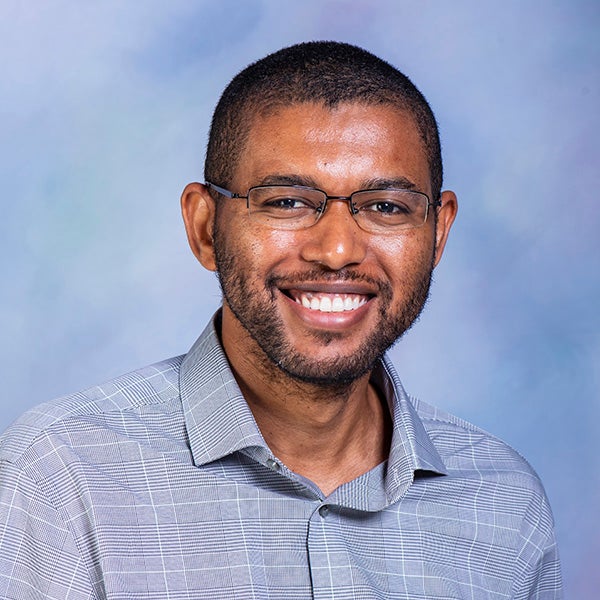The Ken Kennedy Institute's December Member of the Month, Dr. Arlei Silva received a Ph.D. in Computer Science from the University of California, Santa Barbara, advised by Ambuj Singh, where he was also a postdoctoral scholar. Before that, he received a B.Sc and M.Sc degrees in Computer Science from Universidade Federal de Minas Gerais, in Brazil, advised by Wagner Meira Jr. He has also been a visiting scholar at the Rensselaer Polytechnic Institute, hosted by Mohammed J. Zaki.
Dr. Silva's research areas include data science, network science, machine learning, and graphs algorithms.
What is your favorite book?
The Count of Monte Cristo, by Alexandre Dumas, The Process, by Franz Kafka, and Dom Casmurro, by Machado de Assis, have all been favorites at some point in my life. It is hard to pick one.
How do you explain your research in one sentence?
I combine graphs algorithms and machine learning to make predictions and improve complex systems, such as social and traffic networks.
What is your favorite aspect of your research?
I really enjoy the breadth of the knowledge I have the chance to apply on a regular basis. Sometimes I would be helping to verify a proof in the morning, writing some code in the afternoon, and end the day discussing how to solve an important problem motivated by an application in biology, traffic engineering, or sociology.
What challenges do you see in your research that you didn't expect?
A, hopefully, short-term challenge is the current wait time (and high costs) for hardware purchases. Another challenge, which I believe the Ken Kennedy Institute can help me to address, is connecting with faculty, companies, and other organizations interested in interdisciplinary projects. Developing such collaborations often takes more effort than for those within-departments. But interdisciplinary research is a requirement to address some of the major problems in data science today.
How do you see computation and data advancing in the future?
I believe that the trend of creating larger and more accurate prediction models that require increasing amounts of data and computational power will be left mostly to industry. Fundamental research will focus on other metrics, such as interpretability, sustainability, and fairness. Many interesting research problems will be motivated the challenges of deploying these models in the real world and understanding their long-term societal implications. Finally, it would be great to see other areas of machine learning and data science, especially unsupervised learning, exploratory analysis, and visualization, to advance in the same way that supervised learning did in the last decade.

